Sport
Dollar
38,0744
-0.02 %Euro
43,3768
-0.03 %Gram Gold
3.940,1800
-0.48 %Quarter Gold
6.538,3300
0 %Silver
39,2000
-0.79 %PM Orban has pushed for more engagement with the strategic African region and recently pledged to deploy 200 troops in Chad.
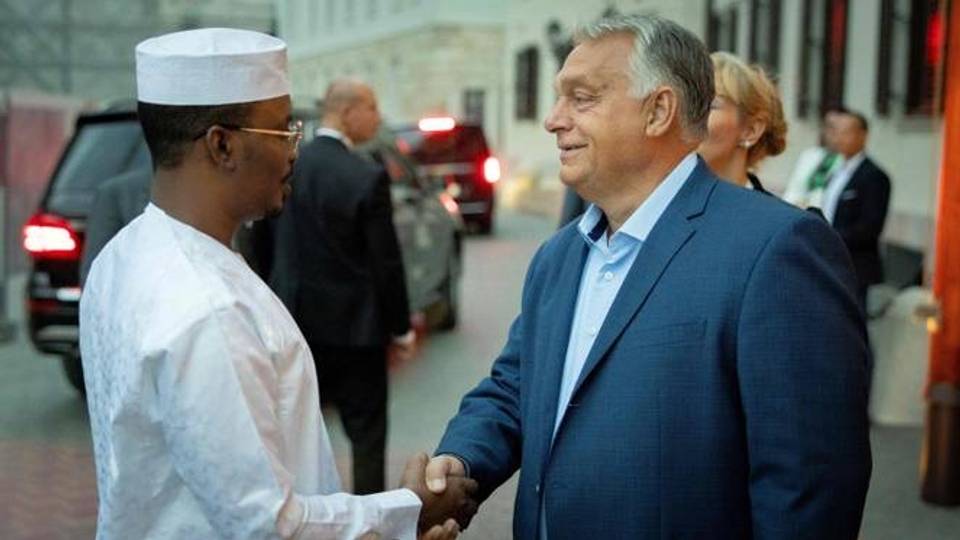
The Sahel region of Africa has recently emerged as a focal point of increasing geopolitical tension, characterised by growing terrorist activities and strategic competition among global actors.
Following military coups in Mali, Burkina Faso and Niger, long-standing Western military operations, notably by France and the United States, have ceased, allowing Russia to gain a foothold.
The European Union Training Mission in Mali (EUTM), initiated in 2013, concluded its 11-year mandate in May.
Comprising 22 EU member states and four non-EU nations, the mission played a pivotal role in bolstering the military capacity of the Malian armed forces and training their units. EUTM operated in coordination with France’s Operation Barkhane.
Western military approaches, particularly those led by France and the US, have failed to gain traction within the region's local dynamics. The political and military upheavals following the coups have catalysed not only anti-Western sentiment but also broader socio-political and cultural opposition to Western influence.
A key development that facilitated the exit of traditional Western actors from the region was the alliance between the political and military forces of the three regional states.
This initially emerged as a security pact among Burkina Faso, Niger, and Mali, later consolidating into the Confederation of Sahel States.
With traditional Western allies sidelined, they shifted their military operations to neighbouring states, including Chad and other West African states.
Furthermore, the security landscape emerging after 12 years has prompted significant reflection within the EU.
Due to its colonial legacy, France has historically assumed leadership in Africa’s peacekeeping and humanitarian interventions. However, it was forced to withdraw from the region in a maelstrom of human rights abuse and accusations of meddling in the affairs of sovereign nations.
As debates continue over which state or coalition might fill the void and whether to engage in the Sahel’s complex and volatile dynamics, Hungarian Prime Minister Viktor Orban recently hosted Chadian President Mahamat Idriss Deby Itno in Hungary.
Following their discussions, Orban announced plans to deploy approximately 200 soldiers to Chad.
Due to its geopolitical significance, Chad has become a critical player in the EU’s strategy to combat illegal migration flow following worsening security atmospheres, political crises and economic reasons in the Sahel.
In that sense, Orban also underscored Chad’s role in countering illegal migration.
More crucially, in a region marked by instability and fragility, Chad stands as the only potential Western ally, positioning it within a broader geopolitical context.
Orban’s statements and the military deployment plans suggest that Hungary could emerge as the EU’s key actor in addressing the geopolitical vacuum left by France in the Sahel.
European and international politics
Hungary, often at odds with many EU member states on political, economic, and military issues, has elevated the discourse on strategic autonomy and independent decision-making in European politics, particularly since the start of the Russia-Ukraine war.
Emphasising neutrality in global crises, Hungary advocates for maintaining strategic cooperation with Russia through diplomatic channels and seeks a smooth transition in post-war relations.
Notably, premier Orban remains the only European leader to visit Moscow since the outbreak of the war.
Another critical development positioning Hungary at a pivotal moment in global politics is its assumption of the EU Council presidency. This role presents Budapest with an unprecedented opportunity to bring its foreign policy priorities to the forefront of EU discussions.
Throughout its presidency, Hungary has the potential to shape the EU agenda to align with its own geopolitical strategies. Moreover, this period could offer Hungary the chance to adopt a more proactive and visionary role.
With the EU’s military presence in Africa waning, Orban’s decision to deploy troops to Chad demonstrates Hungary’s ambition to strengthen its standing within the EU and position itself as a strategic actor, contributing meaningfully to the EU’s Common Security and Defence Policy.
Strategic interests in Sahel
Hungary's decision to deploy soldiers to Chad’s capital, N'Djamena, reflects several key strategic motivations.
Foremost is the opportunity to fill the gap left by France’s declining influence in Africa, positioning Hungary as a significant player within the EU’s geopolitical framework.
Serving as a key transit route for irregular migration from Sub-Saharan Africa to the Mediterranean and into the EU, the Sahel still remains critical for European border security management.
Leaving this region unattended could result in future security and migration crises.
Another critical factor is Hungary’s growing interest in accessing the region’s abundant natural resources, including oil, gold, and uranium. With its expanding economy and increasing influence within the EU, Hungary sees diversifying its economic opportunities as crucial.
Facilitating the entry of Hungarian companies into African markets is a driving factor behind this military move. Additionally, Hungary seeks to balance its relationships between East and West.
By establishing a presence in Africa, Hungary can engage more deeply with Russia and China, both of which are expanding their influence in the region—Russia through the Wagner group and the newly-formed ‘African Corps’, and China via economic engagements.
However, this move comes with significant challenges.
Unlike previous peacekeeping missions under the UN and EU, Hungary’s deployment to Chad is its first independent operation, raising concerns about logistics, coordination, and communication in a region where the official languages are Arabic and French.
Besides, the instability in Chad and the wider Sahel could create internal divisions within Hungary’s military and complicate recruitment efforts.
Despite these concerns, the EU has welcomed Hungary’s initiative, with EU officials stating that it is crucial for more international partners to engage with Chad.
Hungary’s military involvement in the Sahel, particularly given Russia’s growing influence, is seen as a rational and timely strategic decision.
Hungary’s strategic move into Chad signals its broader ambitions to play a more prominent role within the EU and on the global stage.
As it seeks to balance relations between East and West, access natural resources, and address migration challenges, Hungary is positioning itself as a key player in shaping Europe’s security policies.
However, logistical challenges and regional instability may pose significant hurdles. How Hungary navigates these obstacles will determine its long-term success in the Sahel and within European geopolitics.
Comments
No comments Yet








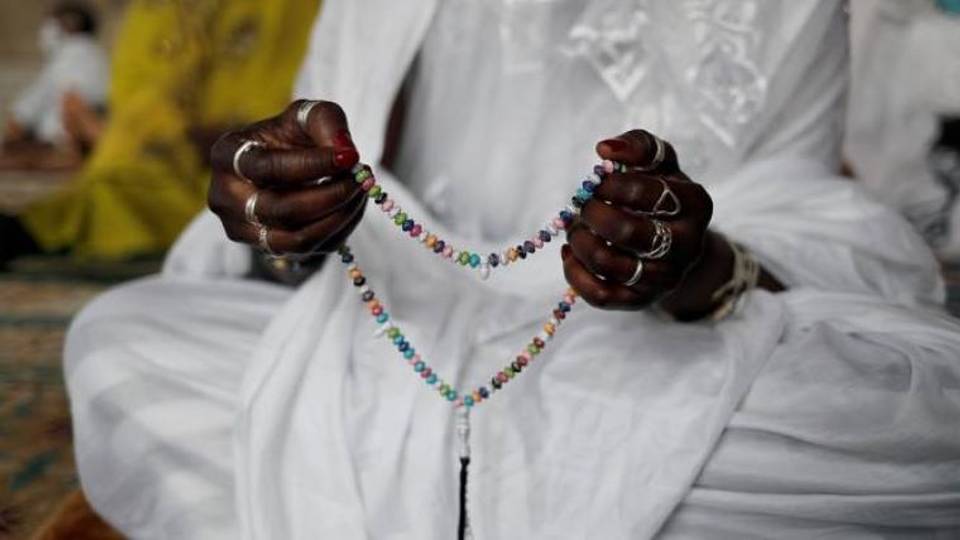
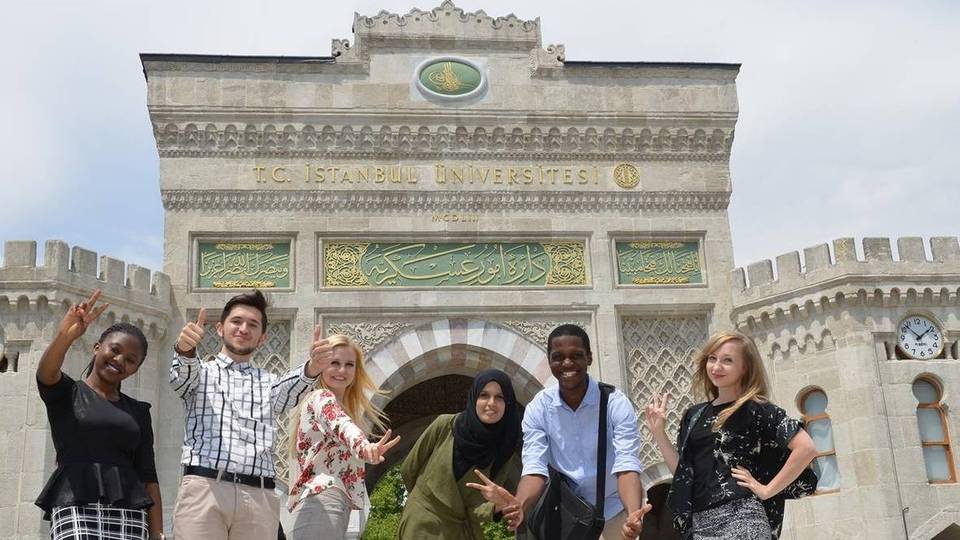
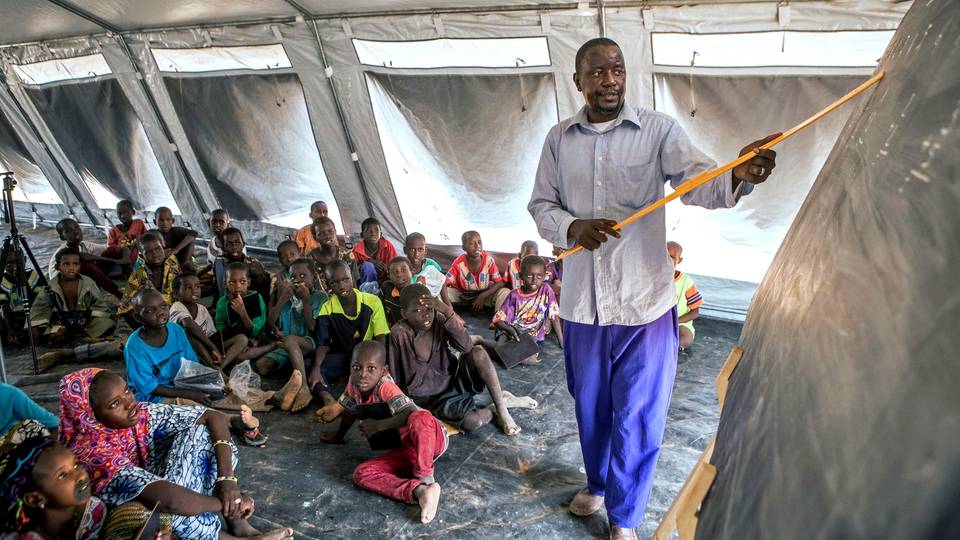
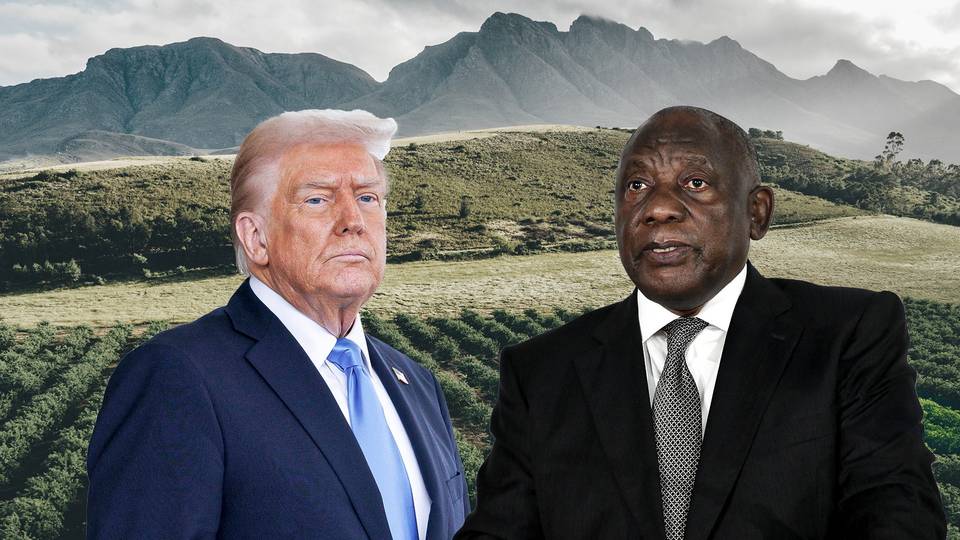








Comment